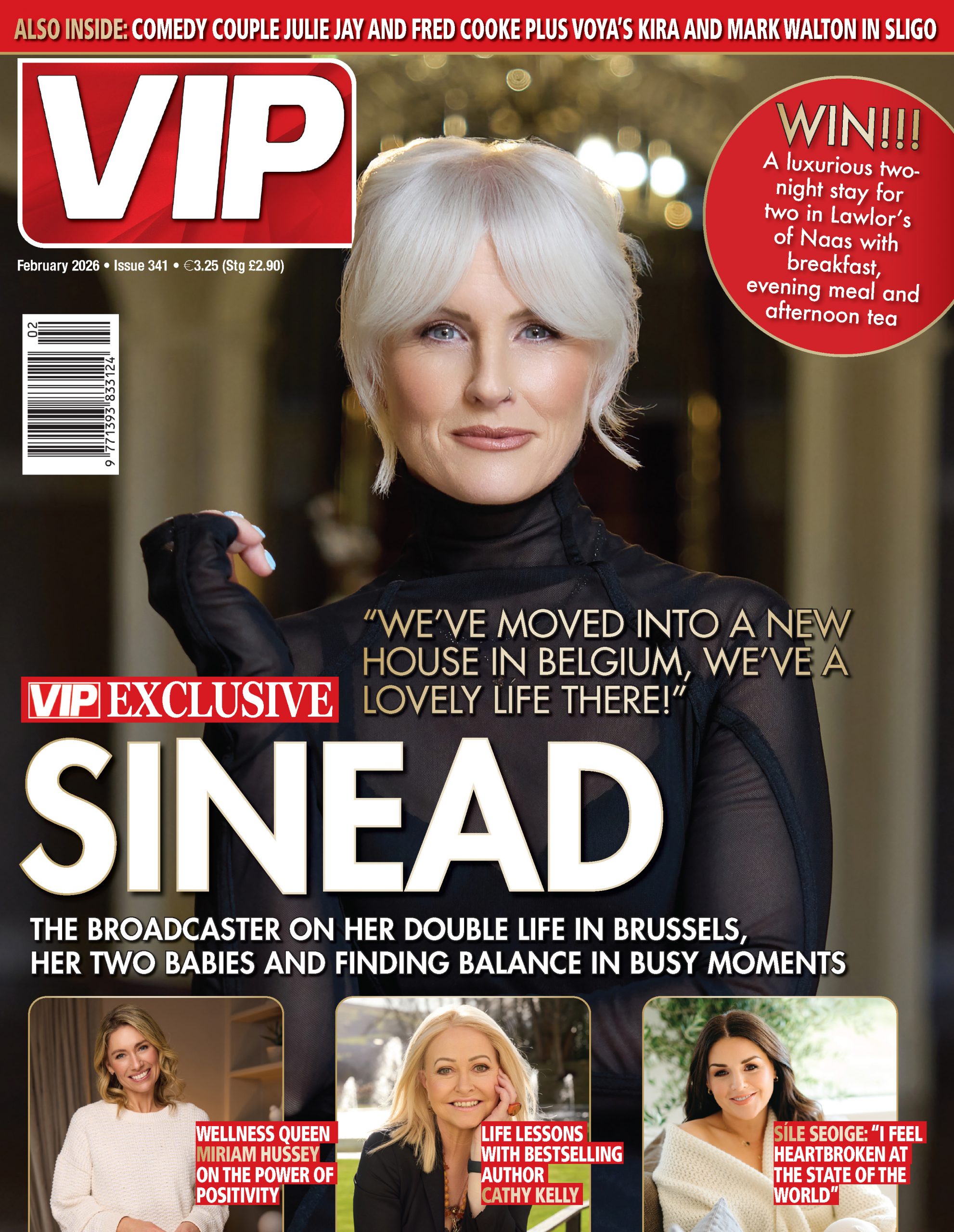View this post on Instagram
“It’s just a statue.”
An excuse people have been using for years to disregard the groping of Molly Malone. “It’s for good luck.” “It’s harmless fun.” “People do it to male statues too.”
What if we were to translate these excuses into real life?
Use them to dismiss this sort of unacceptable behaviour that happens to real people every day? People, who when they decide to speak up about it, simply get told, “It was for a laugh”?
Does it still seem like an acceptable response?
It’s time to start pointing fingers, listening up, and empowering marginalised voices. No more excuses.
Empower Her* Voice Dublin offers women and other marginalised genders a space which supports, emboldens, and encourages them to share their stories of sexual and street harassment. It’s an opportunity for people to publicly call out their harassers, and those who stand by while verbal and physical assault occurs in front of them.
View this post on Instagram
Their latest #chalkback campaign has opened the floor to a long-awaited conversation that can no longer be ignored.
With a positive response to the movement, the Empower Her* community are inciting change by addressing the issue of catcall culture and sexual harassment.
Empower Her* Voice was born in a school in the UK. With a motive to offer people a safe place to express their experiences with harassment, its legacy was carried through to Dublin by one of its now directors, Esme Dunne, alongside the co-founder Kitty Astor.
In the earlier days, it was just a few friends of the campaigners who would attend their events and like the page’s Instagram posts, but soon it took off, growing into a major demonstration that would aim to liberate silenced voices.
To kickstart the #chalkback campaign, EH*V wanted to make a statement that couldn’t be overlooked. After witnessing the constant groping of the Molly Malone statue and following the removal of the words ‘7 years bad luck’, from across her chest, EH*V decided to surround the Dublin city lady with a different message instead.
On the pathway below her, they wrote in chalk, “Groping isn’t good luck”, and “Don’t touch me!”.
With this bold move came controversy and criticism, but more importantly, it started a conversation.
View this post on Instagram
Some people may wonder how Molly Malone has anything to do with empowering marginalised voices.
Esme Dunne shares the opinion that the treatment of the Molly Malone statue is reflective of a much wider issue. “This is behaviour that translates into real life,” she says.
“Catcall culture, sexual harassment and groping are so normalised – but they are not normal! It isn’t normal for someone to touch your body or sexualise you without consent.
“We want to exist in a world where women and people of marginalised genders feel safe, where they feel heard and seen. We think that the Molly Malone statue is the perfect metaphor for how we are treated by and within the patriarchy.”
The idea that sexual harassment in any narrative could be ruled as a ‘joke’, is exactly the reason why it has become so engraved in our culture. For a statue to be sexualised in the name of ‘harmless fun’, is the kind of attitude which allows women and people of marginalised genders to be groped and catcalled.
People say, “It’s just a statue”. Would the same people say, “It’s just a woman”?
“We know it’s a statue!” says Esme, “But we think it’s representative of how women and people of marginalised genders are treated in our society.
“Women and people of marginalised genders do not exist to be objectified, harassed, or groped – even if, especially if, it’s for a laugh. But even if you remove all of this, if you ignore the wider issue and just think about the statue itself – isn’t it strange? When did groping become good luck?”
View this post on Instagram
The #chalkback campaign has given silenced victims of sexual aggression a platform to amplify their voices, share their experiences and expose spectators of this behaviour.
EH*V introduced a Google form that would give victims a safe space to come forward with their stories.
Here is one story that grasped public attention.
Sully and her friends were queuing up outside Wigwam on Abbey Street when she was groped by a man. She reported the incident to a bouncer who replied, “What did you do to instigate it?”.
EH*V saw an opportunity for Sully’s voice to be heard, and so on the pavement outside the front door of Wigwam, she wrote in chalk, “I was groped here. The bouncer said…’What did you do to instigate it?'”
Sully’s proclamation became one of EH*V’s most highly engaged with posts and even received a response and apology from the people who allowed it to happen.
View this post on Instagram
Wigwam reached out to EH*V, took accountability, and made a promise to increase safety within their environment. They shared a public Instagram post which outlined an improved safety policy to tackle the issue of sexual aggravation on their premises.
Empower Her* Voice stress that they’re “trying to highlight what people experience in their daily lives.
“People are typically cautious to share their stories of sexual harassment, and this is because they are often dismissed. We want to do the opposite; we want to offer people a safe way to share their stories and amplify their voices.”
Empower Her* Voice, is a collective of real stories from real women who face encounters of harassment, catcalling and groping every day.
Sexual aggression and assault have become a part of our lives and are something we have normalised dealing with…but why?
Because “he just wanted to have a feel of it.”
Because “your ass is out.”
Because “you instigated it.”
Because “it’s just harmless fun.”
Because “it’s just a statue.”
I wonder if Molly was given a voice, what would she say?
Words by Shauna Whyte




